Over the last five hundred years of the Industrial Revolution, we have seen power shift back and forth between Labor and Management. From the late 1700s until today, there has been a battle for power between management and labor often including government taking a role in the support of one side or the other. Famous unions like the Brotherhood of Teamsters founded back in 1899 and the International Ladies Garment Worker's Union founded in 1900 are in many ways only a shadow of their former selves. Most recently a California Superior Court Judge ruled against California's teachers-tenure system that protected teachers from dismissal on the basis that it is unfair to students. And while we have seen recently various legislative and legal proceedings that are lessening the power of organized labor, the next battle is only beginning.
All this is happening while we also observe that inequity in pay has never been higher. Maybe the tide will soon turn again. Here's how.
According to a recent study, a dramatic shift occurred only a few short years ago which moved corporate CEOs from the fourth most trusted in society to seventh but more importantly, moved "someone just like me" from sixth to second place. (First place is reserved for professors.)
We all knew this already. Whenever we shop online, we use the rating systems of stars to pick the best product or service, knowing full well that the raters are people just like ourselves who we trust more than most everyone else.
At the same time that this change was occurring, we also saw the demise of Hosni Mubarak, former president of Egypt, who was brought down with a campaign that was a combination of public demonstration, media and most importantly social media like Twitter and Facebook. Both represent a newly organized "power to the people" that is partly a direct result of social media.
The implication of this with respect to the balance between labor and management is that the power of labor is no longer simply to stop work with a strike but now can be to directly influence customers through social media.
It has never been true before that the labor force of a company could have such direct and potentially devastating impact on the ability of a company to do business.
Just last week, at Wal-Mart's annual meeting, a brave sales associate who is being paid a non-living wage of around $10 per hour raised in a public statement that it "just wasn't fair." Her words echoed on regular media. It's impossible yet to anticipate whether those same statements will echo on social media and have a potential impact on Wal-Mart's business that cannot yet be anticipated.
It appears that at present, there needs to be a "feedback" effect between social media and conventional media that causes what we call "viral marketing" or an amplification that increases the impact of an otherwise forgettable event. As labor becomes smarter about managing social media it is forcing management to do the same. But, it's interesting to note that while a recent study indicates that around half of all Americans are on Facebook, less than 8% of Fortune 500 CEOs have a Facebook account.
Times will be a'changin.
